Report: Apple's iPad to copy iPhone in eating up lion's share of profits
Despite selling a small 3% minority of the world's mobile phones, Apple has surpassed the earnings of RIM, Motorola, Nokia, HTC and Sony Ericsson combined, and is estimated to widen its lead in the future, according to Goldman Sachs research cited by the Financial Times (presented below).
The details of Apple's rapid and furious assault on mobile phone competitors were presented as the setting of what Apple is now doing with the iPad, which has wildly succeeded in a market that nobody has been able to do well in before.
Sharing the same App Store as iPhone and iPod touch, iPad offers a strong market for software that attracts consumers while also creating a vibrant market for developers, the report notes. That's something no other smartphone platform has done well, not even Google's Android Market, where there are now tens of thousands of apps but where most apps are freeware, there's no real oversight governing quality, malware or production values, and there's not even a paid software business model outside of a few countries. Even platform advocates note that Android versions of smartphone apps lag behind the features and updates of iPhone titles, and that isn't likely to change as long as the market feels like a hobbyist experiment rather than a real store like iTunes.
The research also highlighted the "instant on" functionality and all day battery life of iPad, features that can make it more attractive to businesses than notebooks. "This is in sharp contrast to existing PCs," Goldman wrote, "which typically take 15-60 seconds to resume from a standby or sleep state."
When the firm asked 90 hedge fund chief technology officers about their plans to replace notebooks with tablets, nearly a third replied that they expected to ditch more than 25% of their notebooks over the next two years and adopt tablets, while more than two thirds reported being sure about plans to transition at least some number of notebooks.
Winners and losers
The firm wrote that Apple appeared to be the primary company benefitting from the interest in tablets, given its strong leadership position. Other companies that were likely to cash in on the vibrant interest in tablets include mobile processor designer ARM and other iPad component vendors, including Samsung, Infineon, Broadcom, and Linear.
The research note also identified a series of companies aversely affected by the boom in tablets currently being eaten up by Apple's iPad. First on the list is Microsoft, "given the impact of lost Windows sales and its lack of a competitive tablet response." Intel and AMD are also cited as losing out as ARM-based mobile devices replace conventional x86 PC-based notebooks and netbooks. Additionally, hard disk drive makers were expected to lose out as tablets like iPad shift toward solid state storage.
Other losers in the tablet market included RAM maker Micron (as tablets require less memory), netbook manufactures like Acer and ASUSTeK (as interest in mini-notebooks rapidly declines), and vendors that sell ebook readers, netbooks, and consumer notebooks, including Barnes & Noble, RadioShack, and Best Buy.
 Daniel Eran Dilger
Daniel Eran Dilger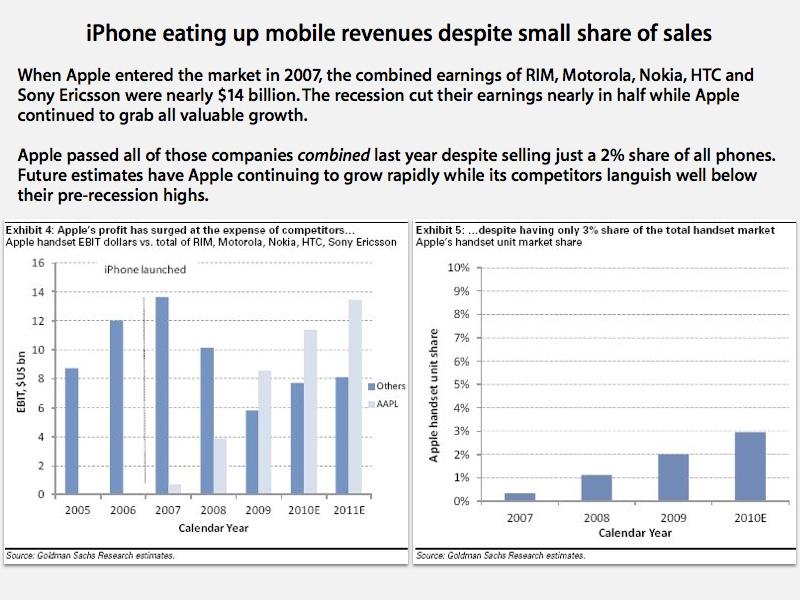














 Amber Neely
Amber Neely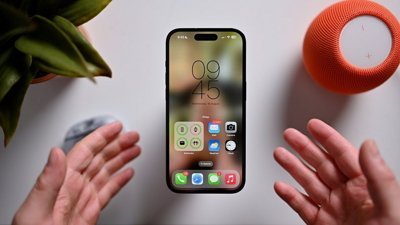
 Malcolm Owen
Malcolm Owen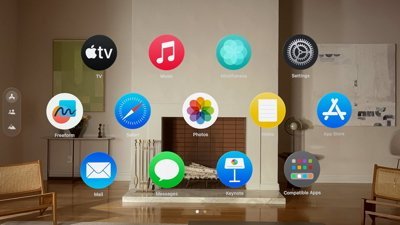

 Christine McKee
Christine McKee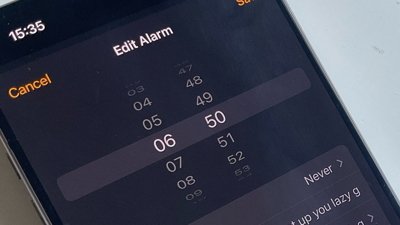
 William Gallagher
William Gallagher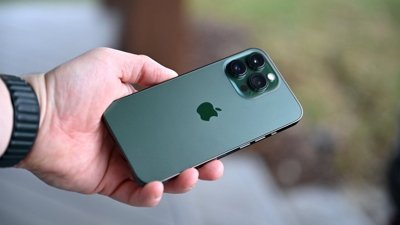
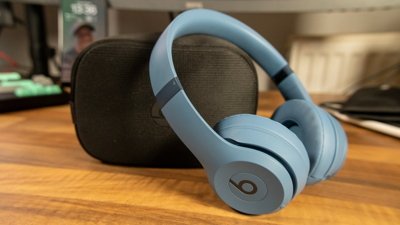



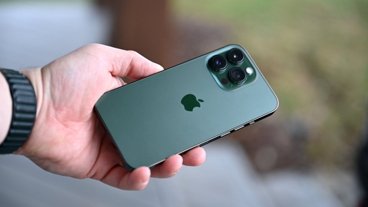




44 Comments
The irony is that with all the effort and money Google is putting into Android, no one is making money off it.
The only people who are making money off Android are:
1) A few developers
2) HTC
3) Microsoft (HTC pays them to use Android to avoid patent issues)
Google will probably end up losing more money since Android users were probably going to buy phones which used Google search otherwise anyways (Blackberry, iPhone) and they have encouraged Apple, which sells the most popular mobile smartphone in the world, to start looking outside the Google world. Hence the addition of Bing as an option (won't be too long before Bing or Yahoo becomes the default) and purchase of multiple Map vendors, etc.
Apple, on the other hand, has created a vibrant ecosystem where a lot of developers, and accessory makers are being able to make a good sustainable living.
Finally, I find developers' stances on Android Marketplace vs. the App Store quite interesting. They keep hating on the App Store, while ignoring the fact that its Apple's tight control (although, admittedly, inconsistent, something they need to fix) that allows them to be compensated for their efforts. On Android, OTOH, its very easy for someone to rip off their ideasand createa copycat app. While this also happens on the App Store, its not as prevalent. Worse, however, is the ease and frequency with which Android users pirate apps. The only way you can do this on the iPhone is through jailbreaking, which form a very minor proportion of users.
I own an iPad and it is the most awesome thing that I own right now. Unfortunately for AAPL though, the Tablet market won't be close to the smartphone market in the near future if ever. While it's a nice revenue driver for the product, the long-term impact on bottom line for Apple won't be much.
This is hardly surprising. No one else is selling tablets, not in any volume at least.
This is hardly surprising. No one else is selling tablets, not in any volume at least.
Yeah? Remember those things called 'netbooks'?
I own an iPad and it is the most awesome thing that I own right now. Unfortunately for AAPL though, the Tablet market won't be close to the smartphone market in the near future if ever. While it's a nice revenue driver for the product, the long-term impact on bottom line for Apple won't be much.
Not today, but five years from now -- God only knows what it would look/feel like and what its functionality will be -- it could be a very different story.
Today's iPad is simply a placeholder for what's to come.